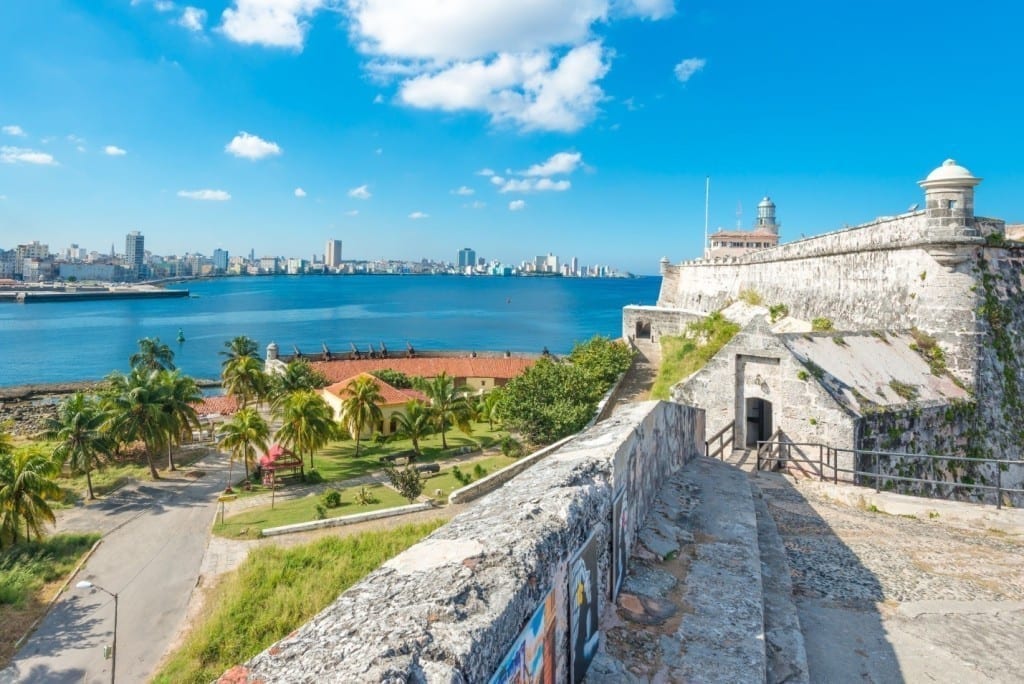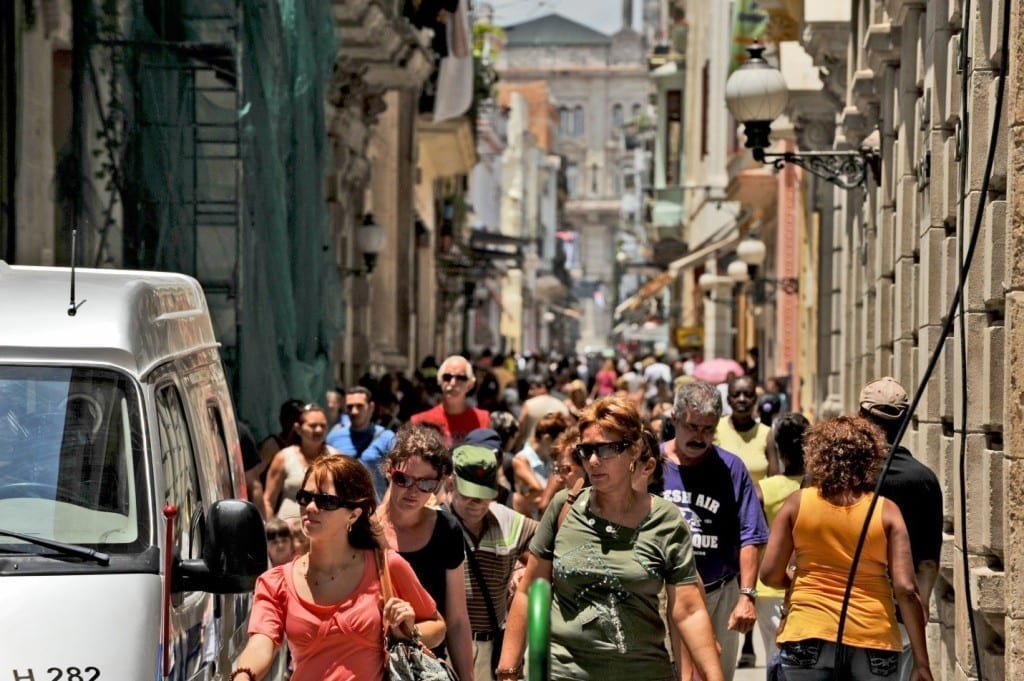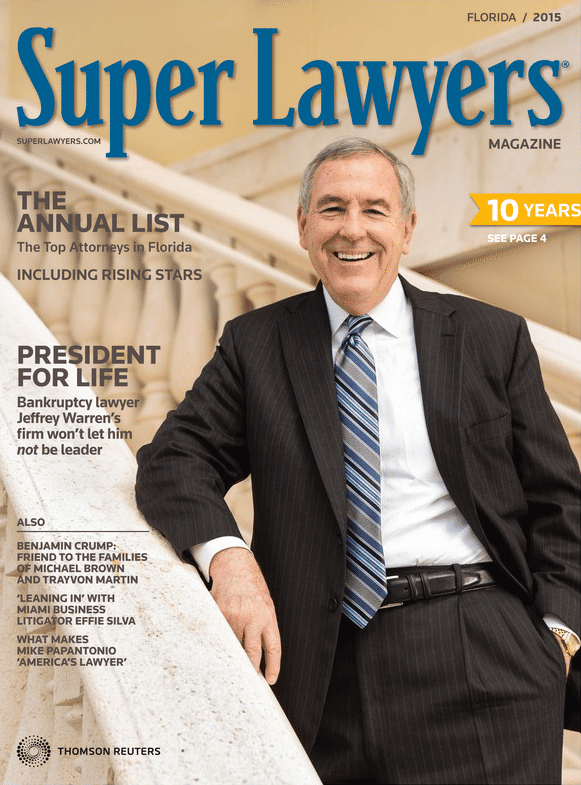While Cuba lays a mere 90 miles off the Florida coastline, it remains a mysterious far-off land for the majority of the state’s residents. Travel to Cuba has been restricted since the US issued a trade embargo generations ago, making it nearly impossible for the average American to visit this island. For many travelers, vacationers, and cruise-goers, these travel restrictions came as somewhat of a disappointment as they barred access to an experience promising pristine beaches, vibrant cities, and colorful culture.
That all might be about to change.
This December, President Obama announced government plans to normalize relations with Cuba. If congress agrees to lift the trade embargo, this could remove the travel restrictions preventing Americans from visiting the island.
According to a survey from the American Society of Travel Agents, at least two million Americans would visit Cuba before 2017 if travel restrictions are abolished,Click To Tweet 25 percent of which would travel by cruise.
What this Means for the Cruise Industry
The cruise industry was quick to take note of this change in US-Cuba relations. Cruise ships are in a unique position to take advantage of travel restriction changes, since cruise passengers would be among the first to be able to visit the island while conventional hotels and accommodations are still being constructed. Currently, there are already a number of ports and fair amount of cruising infrastructure set up in Cuba.
Many cruise lines have plans ready to enact if travel restrictions are lifted, agreeing that Cuban destinations could slowly make their way into the itineraries after safety and regulatory considerations are handled. Soon, cruise lines hope to be able to offer cruises that can access the beautiful sites and unique history of Cuba before American chains like Starbucks and Burger King materialize.
The Risks of Cuban Cruising for Americans
However, while Cuban travel restrictions may be abolished in the not-too-distant future, that doesn’t mean Cuban travel dangers will be. Before deciding to take a cruise to Cuba, there are several important safety risks to keep in mind:
Onshore crime. Cuba has long been lauded as one of the safest islands in all of the Caribbean, but it does have its share of pickpockets, hustlers, unlicensed cab drivers, and prostitutes. Because American tourists are frequently perceived as wealthy, they’re often the target of these types of crimes. While there is a substantial police presence in Cuba, evidence indicates that police response to crimes is often inadequate.
To avoid becoming a target, keep your passport and other valuables in your hotel room, and only carry the amount of money you need for the day. Be careful in crowded areas and around hotels, where pickpockets, prostitutes, and hustlers tend to congregate.
Independent excursions. Be wary of onshore excursions not organized and supervised by your cruise. Such excursions may not be held to a high level of safety inspection and safety laws. It’s a good idea to stick to cruise excursions exclusively, even if local activities are a more economical option.
Onshore scooter rental. Cuban roads are ill-maintained and sometimes dangerous, marked with potholes and sections of crumbling pavement. Many roads are not illuminated at night, allowing for limited visibility. Additionally, the roads are populated with a hazardous combination of buses, horse carts, and older cars more likely to cause an accident. If you decide to rent a scooter or motorbike, make sure you are an experienced driver and cautious of these obstacles.
Onshore political violence. In past years, government-organized protests against the US were commonplace, as well as demonstrations against domestic civil society and opposition groups. These protests can become chaotic and violent, so it’s best to steer clear of them.
Onshore privacy concerns. The government keeps a close eye on communication networks, allowing little privacy for residents and tourists. When you are onshore, keep in mind that may of your actions, internet usage, and phone conversations may be monitored.
Sun exposure. During the summer, Cuba can be very humid and sunny. Without proper skincare and sufficient hydration, it can be easy to fall victim to sunstroke, heat exhaustion, and dizziness.
Whether you are on the ship or on the shore, always apply sunscreen, ear protective clothing, and drink water—even if you aren’t feeling thirsty.
Hurricane, tropical storms, and flooding. During June through November, the threat of hurricanes, tropical storms, and flooding can be a problem for Cuba and the surrounding islands. This can be particularly dangerous for cruise ships, so try to avoid traveling during these times.
Cuba may be a popular cruise destination in the near future, but that doesn’t mean the safety risks and dangers of Cuban travel should be disregarded. When you travel to any foreign country, it’s important to be aware of local area threats to protect yourself from accident, injury, and crime. And if you are injured on a cruise to a foreign country, contact a cruise ship injury lawyer. Cruise ships have a responsibility to keep their passengers safe onboard and onshore, and they should be held accountable if they fail to do so. A seasoned and skilled lawyer can help you understand your options and ensure you receive compensation for medical bills, wage loss, and overall pain and suffering.
About the author:
Andrew Winston is a partner at the personal injury law firm of The Law Office of Andrew Winston. He has been recognized for excellence in the representation of injured clients by admission to the Million Dollar Advocates Forum, is AV Rated by the Martindale-Hubbell Law Directory, and was recently voted by his peers as a Florida “SuperLawyer”—an honor reserved for the top 5% of lawyers in the state—and to Florida Trend’s “Legal Elite.”

















